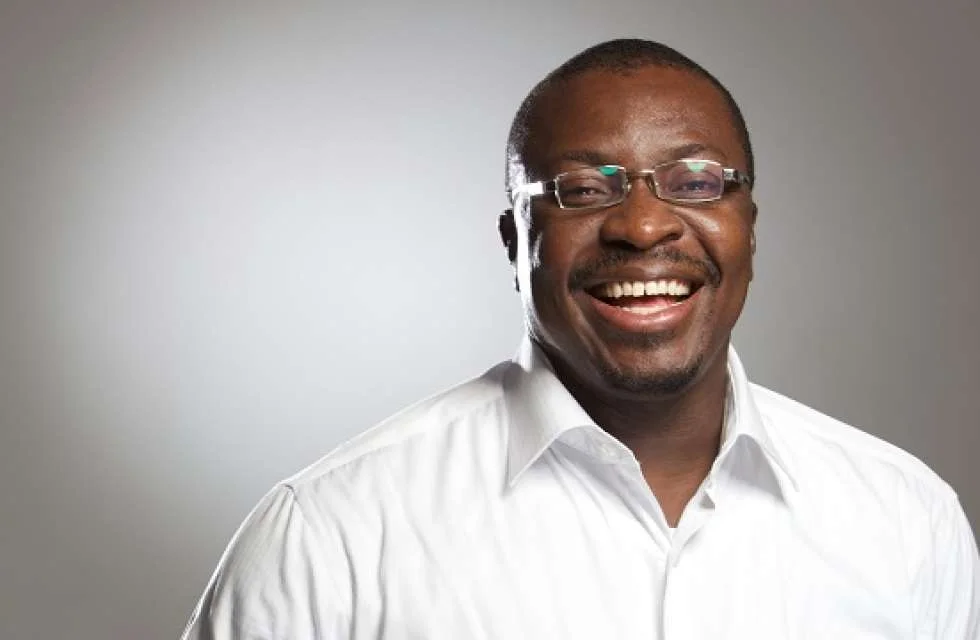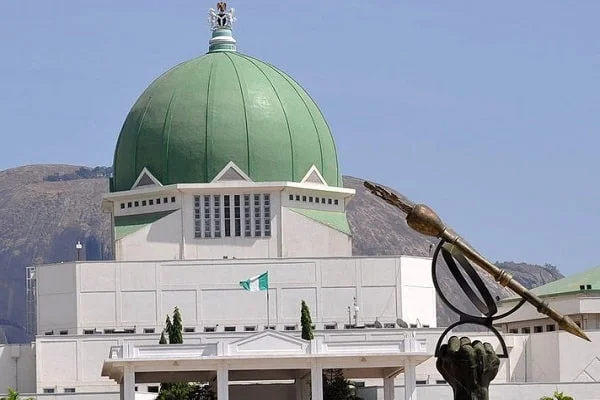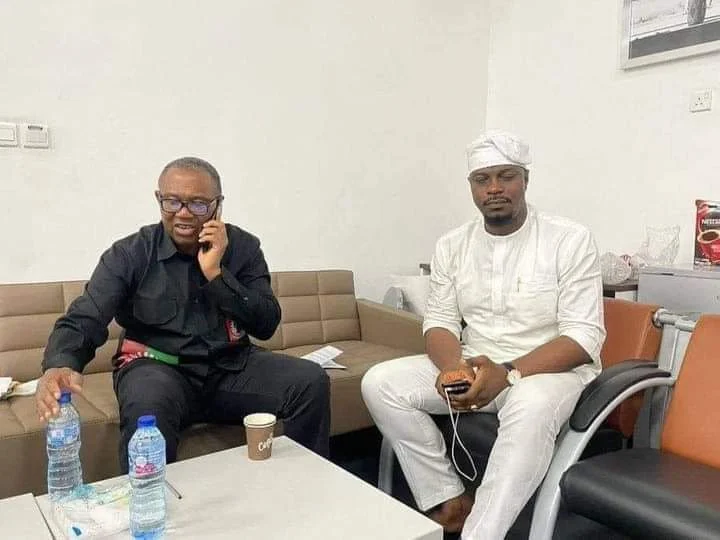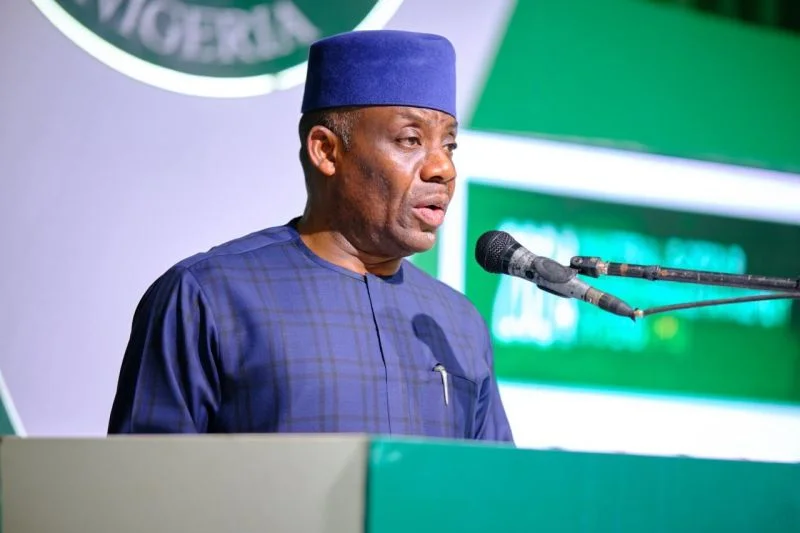The Federal Government says it is negotiating to stop university and polytechnic lecturers from striking; the unions say past promises remain unpaid and their patience has run out. Meanwhile, millions of students face the real threat of another prolonged academic blackout.
The Minister of Education, Tunji Alausa, assured Nigerians that the Federal Government is working to prevent a fresh wave of strikes in the nation’s tertiary institutions.
Speaking in an interview with The Nation on Sunday, Alausa disclosed that the government was engaged in “holistic negotiations” with various unions, stressing that it would be unnecessary for unions to proceed on strike while talks were ongoing.
The minister urged unions that have already served notices to shelve their industrial action, assuring them that efforts were underway to meet their demands.
Tension heightened on Sunday as the Academic Staff Union of Polytechnics (ASUP) confirmed that its 21-day ultimatum, issued after its NEC meeting in Abuja on August 14, expired last night.
ASUP President, Shammah Kpanja, said the union had already held several meetings with government representatives and scheduled five more sessions. He noted that the outcome of the talks would determine the union’s next line of action.
Similarly, the Senior Staff Association of Nigerian Polytechnics (SSANIP) issued a 21-day strike notice during its 77th General Executive Council meeting in Kano, effective from August 27.
On its part, the Academic Staff Union of Universities (ASUU) staged a nationwide protest on August 26 to press home its demands.
ASUU President, Christopher Piwuna, told journalists on Tuesday that branch chairmen had met to deliberate on the union’s next steps.
Despite the growing tension, Alausa maintained that the administration remained committed to keeping students in school.
The minister said, “I have met with them and assured them that the government is working to meet their commitment. They have given us proposals and we are working to put the Federal Government’s responses back. Whatever we do, we have to do it holistically in a way it will accommodate the interest of ASUU, ASUP and COEASU.
“Things have been done in a disjointed manner before with parallel negotiations, but they are all in the academic sector. They all asked for the same thing. They asked for NEEDS Assessment; condition of service; 2025 wage balance; it is all the same. We have to be sure that we are talking to everybody together.
“I have just expanded Yayale Ahmed committee to include all the various unions so that one person is dealing with them. We will deal with this in a way that has not been done before; in a holistic manner, to accommodate people in our tertiary institutions.
“We will try as much as possible to meet what they want. We know they need more money but there is so much money that government has to give. We also have other competing needs but we will do everything with all honesty, all truthfulness and with mutual respect to everybody. These things take time and we are trying to work as fast as possible but it has to be something that government can afford.
“Everybody knows President Bola Tinubu. When he makes promises, he fulfills them. We are not a government that, for the sake of averting strike, give bogus agreement to these unions.
“The president has given me a mandate and that is what I will do in a way that we are all truthful and we get to the bottom of it once and for all.”
Alausa added, “Mr president has said he wants our children to be in school. I want our children to be in school. The academic and non academic unions I believe are on the same page to keep our children in school.
“These are problems that have gone on for at least,16 years. We have met a lot of the low hanging things we could meet. I have done that. This condition of service we are working along with it and we are keeping all the various unions updated on what the government is doing.
“This is a government that believes in communication and we are communicating with them. There is no reason for any strike to happen because government is working and I am meeting with the unions. They have easy access to me. Since I became a minister, I have met with academic unions more than any group.
“They should give us time to get this problem resolved once and for all. I don’t want whoever that is going to come after us – many years from now, to face this same problem. We have to resolve it once and for all and that is what we are determined to do. We cannot rush these things.”
The Multiple Demand
Some of the demands of ASUU include: conclusion of the renegotiation of the 2009 FGN/ASUU Agreement based on Nimi Briggs Committee’s Draft Agreement of 2021; release of withheld three-and-a-half months’ salaries on account of the 2022 strike; release of unpaid salaries of staff on sabbatical, part-time and adjunct appointments.
Others are release of outstanding third-party deductions such as check-off dues and cooperative contributions; funding for revitalisation of public universities; proliferation of universities by Federal and state governments, and others.
The demands by ASUP include: the non-release of circular by the National Salaries Incomes and Wages Commission (NSIWC) to cover the peculiar academic allowance; non-release of arrears of the 25/35 per cent salary review, non-implementation of same in state-owned polytechnics; delay in granting a dual mandate structure for polytechnics; non-release of second round of NEEDS Assessment intervention; policy on outsourcing of quality assurance activities in polytechnics; refusal to implement sectoral components on the approved road map of the FME as it affects setting up a dedicated commission for the sector; non-release of promotion arrears/non-implementation of promotion in many state-owned institutions and renegotiation of ASUP/FGN 2010 agreement.
Others are: refusal to domesticate the relevant portions of the Federal Polytechnics Act by state-owned polytechnics; sustained dichotomy against HND holders in the public service; stalled discussions on the release of CONTISS 15 arrears: militarisation of campus and undue intrusion in the activities of ASUP in Federal Polytechnic, Nekede and refusal to convene the FME/ASUP rapid response meetings.
Some of the demands of SSANIP include: the release of new schemes and conditions of service; setting up of the re-negotiation committee on the 2010 agreement; non-release of the 2023, 2024, and 2025 Needs Assessment funds; non-payment of arrears such as promotion arrears, 25/35% salary review arrears, wage award, and full implementation of the new minimum wage.
The Human Cost: Who Really Pays?
Imagine this in real terms:
* Final-year students lose internship windows and graduate-school timelines.
* Fresh cohorts miss exams, lose scholarships, or have their graduation dates pushed back — sometimes by years.
* Parents who can’t afford private alternatives shoulder the financial and psychological burden.
You May Like: Just In: Police Summon El-Rufai and Top ADC Leaders Over Criminal Conspiracy Ahead Of Coalition Meeting Chaos
Nigeria has burned trust before: every protracted strike shrinks prospects, reduces research output, and drives capital and talent abroad. That’s not an abstract warning — it’s the lived reality after past ASUU shutdowns.
What The Government Must Do
Call it blunt politics: words won’t be enough. To avert shutdowns the FG must deliver three credible signals — fast:
1. A binding short-term rescue package with clear timelines and escrow-style accountability so unions see funds and implementation steps.
2. Independent auditing and a Rapid Implementation Unit (not more talking shops) to show the 2009 agreement’s items being actioned within weeks.
3. A public, enforceable roadmap — signed, time-bound, and published — so students and parents can hold both sides to account. No more private assurances.
If those measures aren’t visible, unions will interpret “talks” as delay.
Two Scenarios: Short Strike vs Long Winter Of Discontent
* Best-case: FG produces a credible package within 14 days; unions suspend threats and return to campuses. Relief, but only temporary unless implementation continues.
* Worst-case: Committees become PR buffers; funds remain pledged but not delivered; unions declare a nationwide strike. Universities shut, exam cycles collapse, and the recovery, for students, research, and reputation — takes years.
The difference between these futures is political will, not money alone.
Students Are Not Bargaining Chips
The most controversial truth is simple: students should never be used as leverage. Yet in Nigeria they often are. Governments use “we’re negotiating” to buy political breathing room; unions strike to force action. Both logics instrumentalise young lives.
If the FG truly values the future it claims to be building, it must stop treating education as line-item politics and start treating it as national security: urgent, funded, and accountable.









